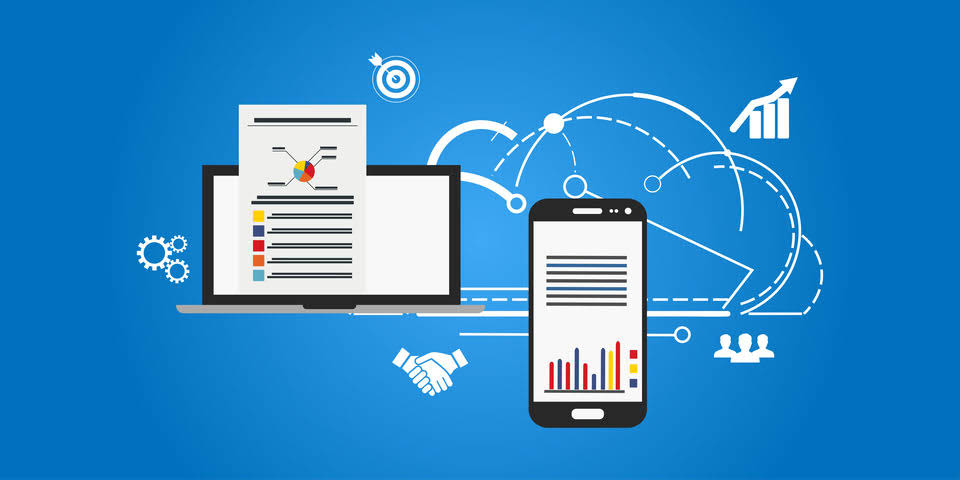It involves tracking the financial performance of a portfolio of properties, managing investor contributions and distributions, and ensuring compliance with regulatory requirements. Fund accounting focuses on providing detailed financial information accounting for real estate transactions to investors and stakeholders. Modern accounting tools offer features that streamline real estate accounting. This involves implementing real-time data syncing, using advanced reporting features, and integrating with property management software.
Reconcile Accounts
This analysis guides future property investments and strategies, ensuring that every dollar invested works for the business. By understanding the returns on various properties, owners can prioritize investments, allocate resources effectively, and maximize profitability. It’s a strategic approach that ensures the long-term success of a real estate business. Regular ROI analysis sessions can provide insights into market dynamics and investor expectations. Additionally, they can highlight areas of improvement, ensuring that properties continue to offer competitive returns. Yes, you can use a spreadsheet for real estate accounting, but it may not be the most efficient or accurate method, especially if you have multiple properties or transactions.
- Although commissions and other income sources technically belong to you as a real estate agent, lumping them into your general bank account can become an organizational hassle.
- A good real estate accounting system automatically creates a paper trail to back up every income and expense item claimed.
- Hiring professionals like certified CPAs or accountants is certainly a good practice, especially when you are not completely aware of the accounting process.
- Accounting helps you understand the bigger picture of your real estate business.
- Real estate agents need to be especially careful when it comes to accounting for their businesses.
- Regular reviews ensure that businesses leverage all available tax benefits.
- Training sessions offer insights into real-time data access techniques.
How To Choose Real Estate Accounting Software
A dedicated real estate accounting software can offer features such as automated data entry, transaction tracking, and tax preparation that can save you time and minimize errors. However, if you have a small real estate business and are comfortable with spreadsheet software, it may be a viable option. This will help you decide which accounting software meets your needs best.
- With the uncertain nature of the real estate business, you can use your OPEX to identify predictable costs related to your company.
- Ensuring this accuracy is a continuous process, involving regular reviews, audits, and training sessions.
- By harnessing the power of data analytics, companies can unlock valuable insights into market trends, investment performance, and operational efficiency.
- If you plan properly, your real estate business could benefit from numerous tax advantages.
- These practices maintain the flow of funds, enabling the business to thrive even in fluctuating markets.
- By submitting, you agree that KPMG LLP may process any personal information you provide pursuant to KPMG LLP’s Privacy Statement.
The role of accounting for real estate agents
- This publication is not a substitute for such professional advice or services, nor should it be used as a basis for any decision or action that may affect your business.
- Training sessions offer insights into real-time data syncing techniques.
- This data-driven approach enables real estate professionals to make informed decisions, optimize portfolio performance, and identify new opportunities for growth.
- Regular reviews ensure that businesses leverage expert advice effectively.
- Good real estate accounting offers methods and tools for tracking and controlling costs.
- It provides a framework for businesses operating in multiple countries.
This includes everything from the rent you collect from tenants to the expenses you have for repairs and maintenance. Implementing a comprehensive real estate accounting system can help improve cash flow, control income and expenses, and monitor property performance. With the advent of technology, cloud-based accounting software has revolutionized the way real estate professionals handle their finances. These tools not only streamline processes but also offer real-time insights, making managing your real estate accounting more efficient and less cumbersome. In the dynamic world of property and investment, many real estate professionals often underestimate the significance of structured accounting and bookkeeping.
Regular reviews ensure that strategies remain aligned with market realities. Training sessions offer insights into the importance of quarterly reviews. For real estate professionals, these https://www.bookstime.com/ reviews are crucial for business optimization and sustainable growth. Whether it’s rental income, maintenance costs, or capital improvements, each has its place in accounting books.
Being a real estate brokerage firm, you can say that the salary you pay to your employees is your expense. An asset is a term used for the possessions of a company that are used for the benefit of the company. Springbord is a leading global information service provider specialized in providing customized data solutions to diverse industries. Increase your desired income on your desired schedule by using Taxfyle’s platform to pick up tax filing, consultation, and bookkeeping jobs. When you’re a Pro, you’re able to pick up tax filing, consultation, and bookkeeping jobs on our platform while maintaining your flexibility.
Accurate upgrades drive efficiency and ensure that software remains at the forefront of the industry. Customization in accounting software allows businesses to tailor features to their needs. Personalization ensures that the software aligns with specific business strategies. Training sessions offer insights into software personalization techniques. For real estate professionals, software customization is indispensable. Accurate customization drives efficiency and ensures that the software aligns with business goals.




